The use of contraceptives by female astronauts before space missions is a measure to ensure their health, safety and work performance. Although there are some limitations, this is still a solution chosen by many people in current conditions.
In the journey of exploring the universe of mankind, female astronauts have overcome countless challenges to prove their perseverance, strong will and professional ability that is not inferior to any male colleagues. However, besides the necessary skills and rigorous tests, a small but controversial detail has appeared: the fact that female astronauts take birth control pills before embarking on a distant journey in space.
This may seem like a small gesture, but it actually has complex medical and physiological reasons, to ensure the health and ability of female astronauts to work in challenging zero-gravity conditions.
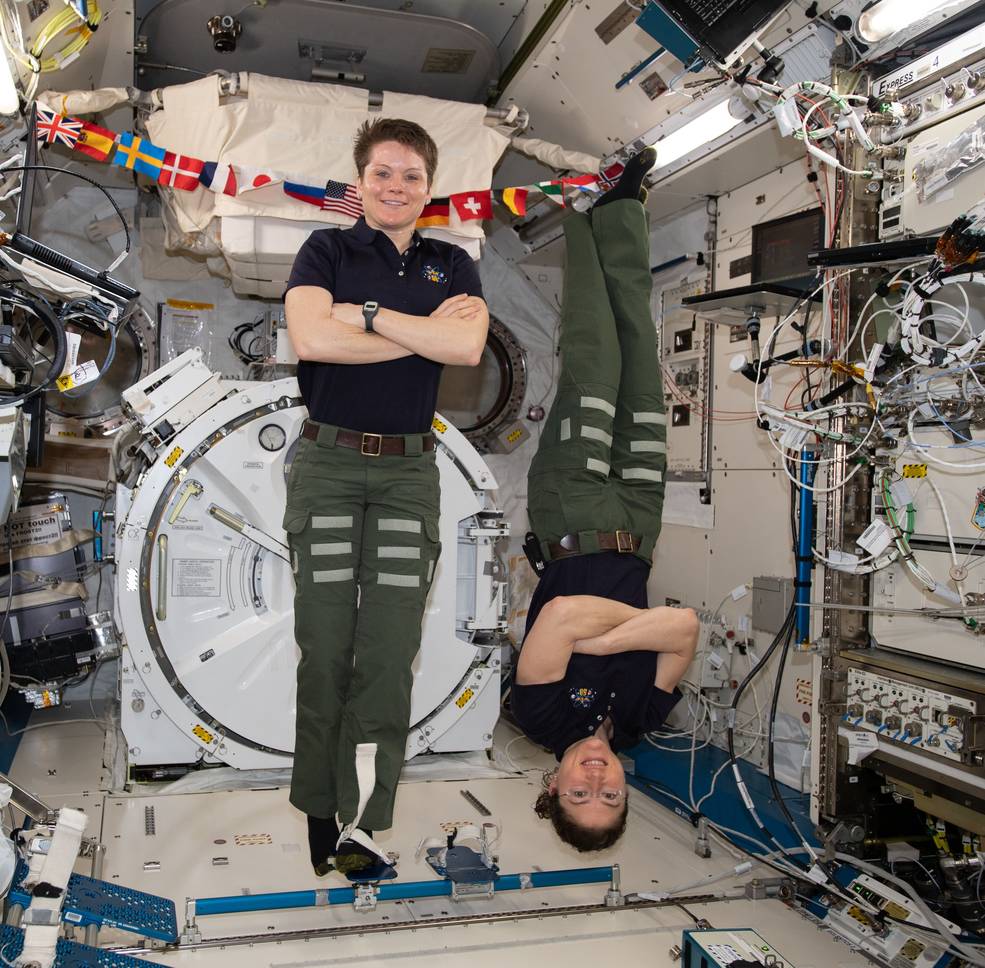
Contraceptives are traditionally used in the gynecological field to regulate or prevent menstrual cycles. However, in the aerospace industry, contraceptives have become a “secret weapon” to help female astronauts avoid the inconveniences of menstrual cycles in space.
Scientists have found that in a zero gravity environment, women’s blood circulation and menstrual cycles can be greatly affected. Blood circulation no longer occurs in the normal way, increasing the risk of menstrual blood flowing back into the abdominal cavity, causing potential health problems such as infections and other serious medical complications.
Despite the lack of medical evidence of this risk, space agencies still apply the principle of “prevention is better than cure”. Female astronauts are often advised to take birth control pills to delay or completely stop their menstrual cycles. This method allows them to focus on their missions without being interrupted by unpleasant physiological factors, while minimizing the risk of health-related complications in space.
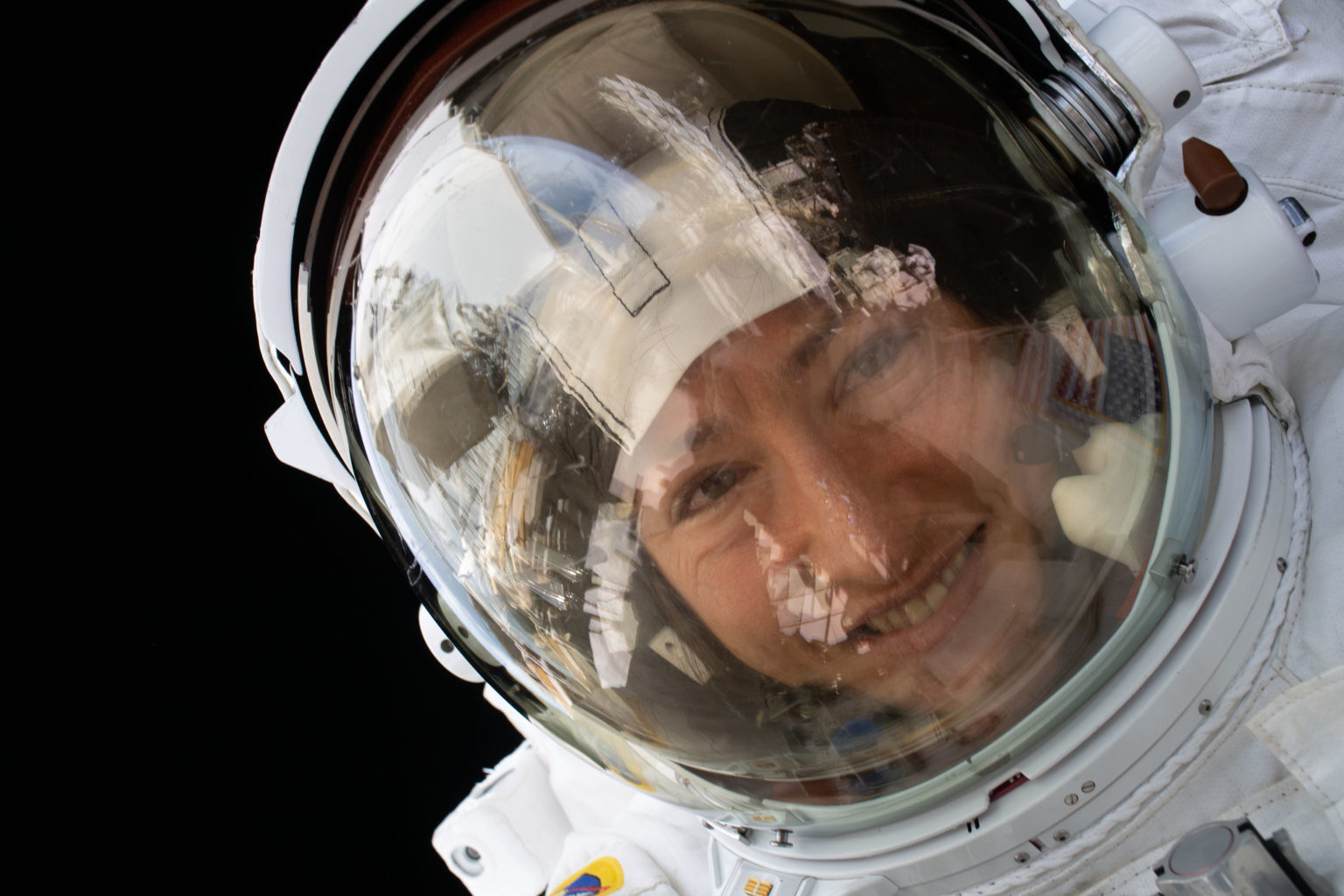
Menstruation is a normal physiological phenomenon on Earth, but in reality it becomes more complicated when female astronauts have to perform missions in space. First, sanitary items and personal care products used during menstruation increase the burden on the spacecraft.
Waste disposal in space is extremely complex and requires careful planning to make the most of limited resources and storage space. At the same time, maintaining personal hygiene in a zero-gravity environment is more difficult because sanitation systems are simple and routine cleaning is more complex than on Earth.
Another factor is the effect of weightlessness on the immune system. Many studies have shown that the space environment can suppress the body’s immune system, making astronauts more susceptible to infections. Menstruation can pose additional health risks and, if not managed properly, can increase the risk of infection and other medical problems. For this reason, space agencies have opted to use birth control pills as a safety measure to help female astronauts stay healthy during their missions.
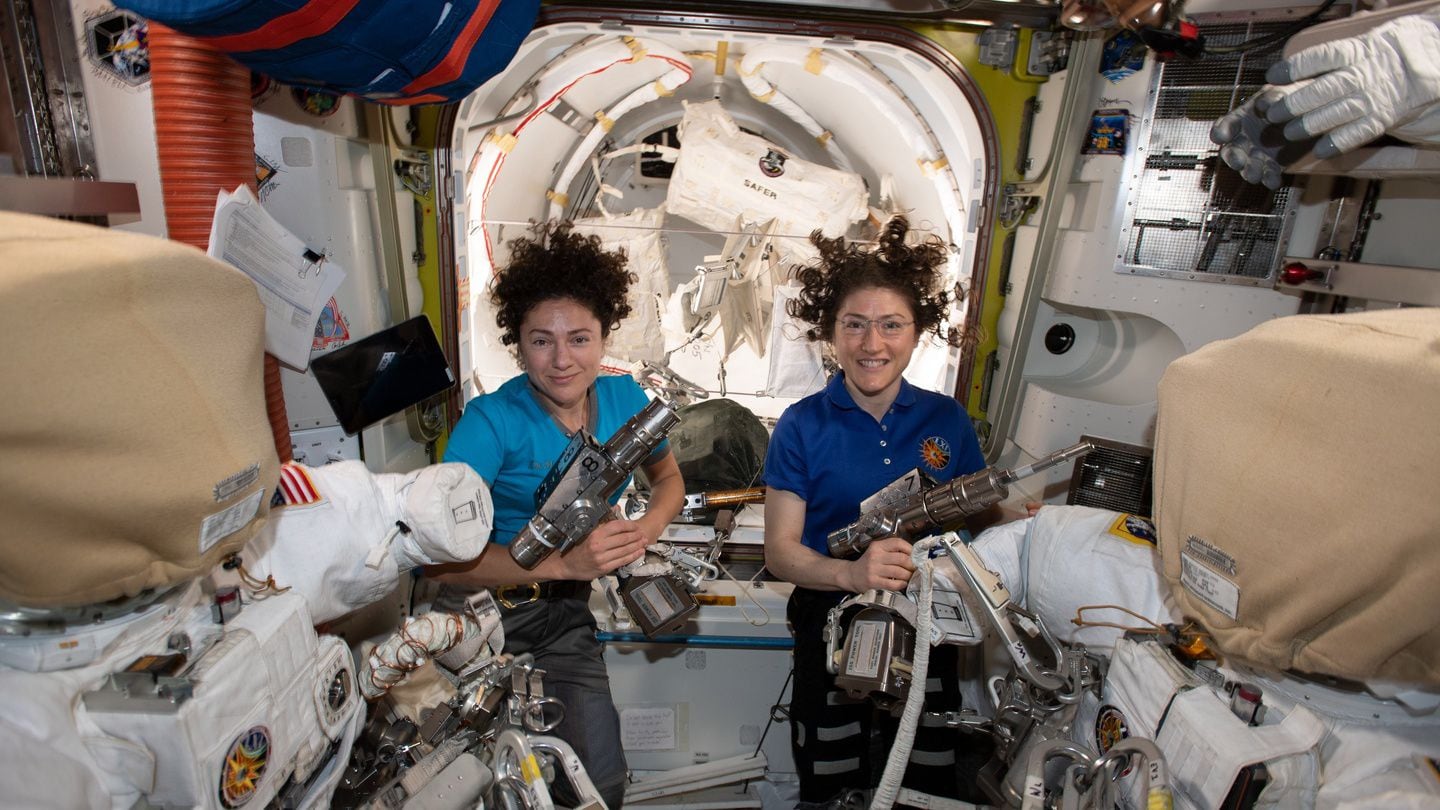
Although birth control pills are effective in controlling your menstrual cycle, long-term use is not always safe. Medical studies have shown that long-term use of birth control pills can increase the risk of blood clots and circulatory complications.
Additionally, oral contraceptives can affect bone density, increasing the risk of osteoporosis, a particularly serious problem for astronauts exposed to long periods of zero gravity. Therefore, space agencies must find a balance between mission requirements and the long-term health of female astronauts.
In fact, as the aerospace industry advances, the duration of missions has also increased significantly. From short missions in the past, astronauts today may have to stay in space for months, even preparing for missions to Mars that last for years. In this context, relying on birth control pills to control menstrual cycles is no longer the optimal solution. Scientists are currently researching and developing safer alternatives to support female astronauts in the future.
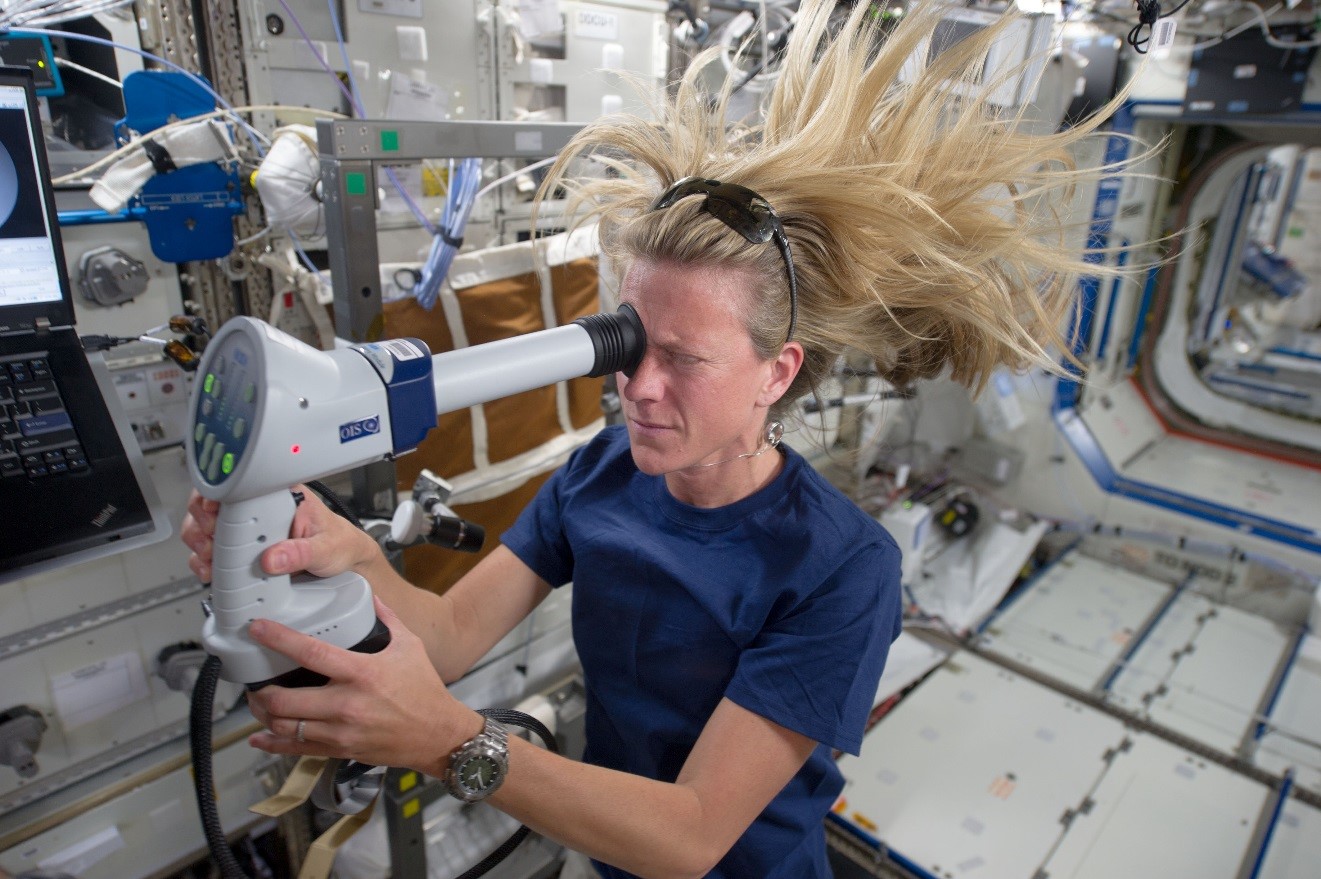
Accordingly, scientists and aerospace experts are researching and developing menstrual cycle management products specifically for the space environment. The goal is to create products and devices that can help female astronauts maintain hygiene and comfort without the need for birth control pills. In addition, many efforts are also being made to develop cycle control drugs with fewer side effects, suitable for long-term space missions.
Throughout history, female astronauts have faced many prejudices and discrimination in the aerospace industry. From the early stages, society often doubted the ability and role of women in dangerous and complex missions. However, with the proud achievements of female astronauts in conquering space, this view has gradually changed. Today, society recognizes and appreciates the role of women in the aerospace industry, while also acknowledging the unique challenges they face.
This shift in perception is also reflected in the policies of space agencies. From once ignoring women, recruitment and training standards have now been adjusted to accommodate both male and female astronauts, creating a fair and equitable environment. This not only helps the aerospace industry attract more talent, but also brings new ideas and diversity in the approach to space missions.
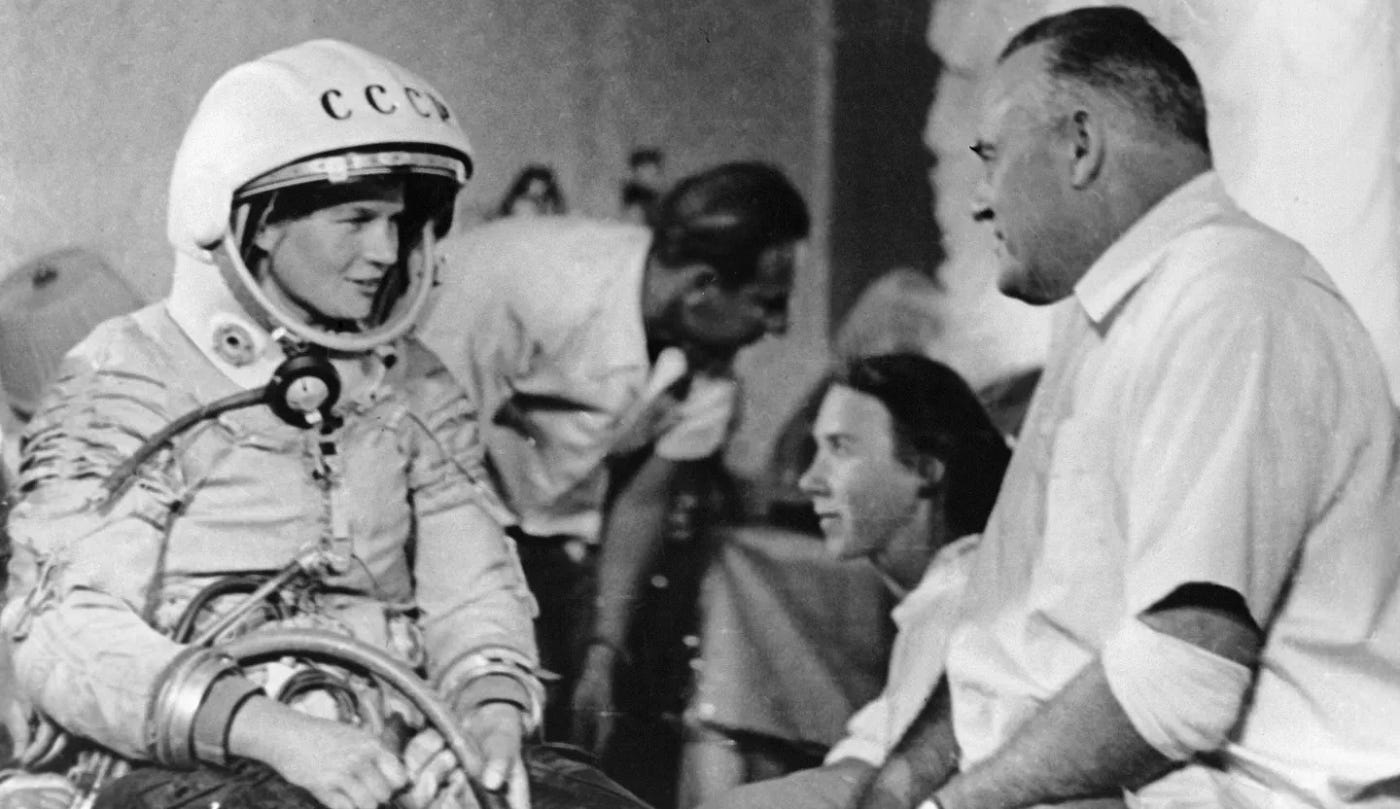
The dedication and perseverance of female astronauts has brought about profound changes in the perception and policies towards women in the aerospace industry. From adopting medical measures to deal with menstrual cycles to achieving great things in space, female astronauts have proven that they can not only overcome unique challenges but also help shape the future of space.
News
Outside, he’s ‘the Bear,’ but at home, he’s ‘little Bear’: Michael Buble’s wife shares rare photos of the The Voice coach and his children at their home in Canada while he’s ‘away from the show.’
Michael Buble’s wife shares rare photos of Voice coach and kids at home in Canada as he ‘quits the show’…
Riley Green began to dream about a home and ‘kids,’ but not as much as Thomas Rhett: “I don’t want a basketball team.”
Riley Green Wants To Have Kids In The Future, Just Not As Many As Thomas Rhett: “I Don’t Want A…
Country Singer & Former Contestant On ‘The Voice’ Arrested For Vehicular Homicide
More legal trouble… Kata Hay, a country singer and former contestant on The Voice, is back behind bars after police put out…
Megan Moroney shared about her painful past when her boyfriend once insulted her, and how that insult has haunted her for years.
Megan Moroney Recalls Ex-Boyfriend Telling Her She Looked Like The Grinch During A Fight: “That Will Stick With You” I…
Country music star, wife announce divorce after 15 years with handwritten note
Country music singer Brett Kissel and his wife, Cecilia, said they are divorcing after nearly 15 years of marriage. The…
Morgan Wallen’s Dad Tommy Wallen Reflects On Son’s Journey In Emotional Letter: “Morgan Has, By All Means, Made It”
“With this fourth studio album on the books, Morgan has, by all means, made it,” Tommy Wallen wrote of his…
End of content
No more pages to load












